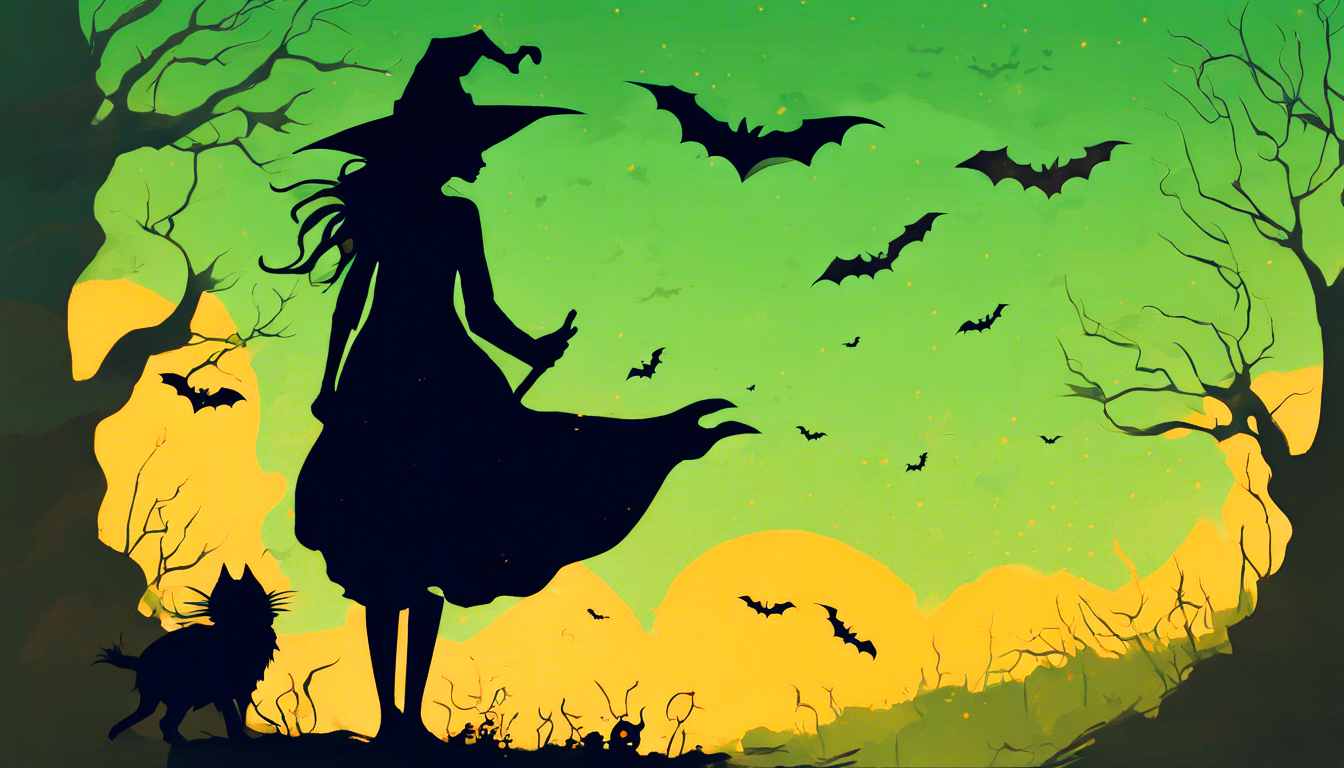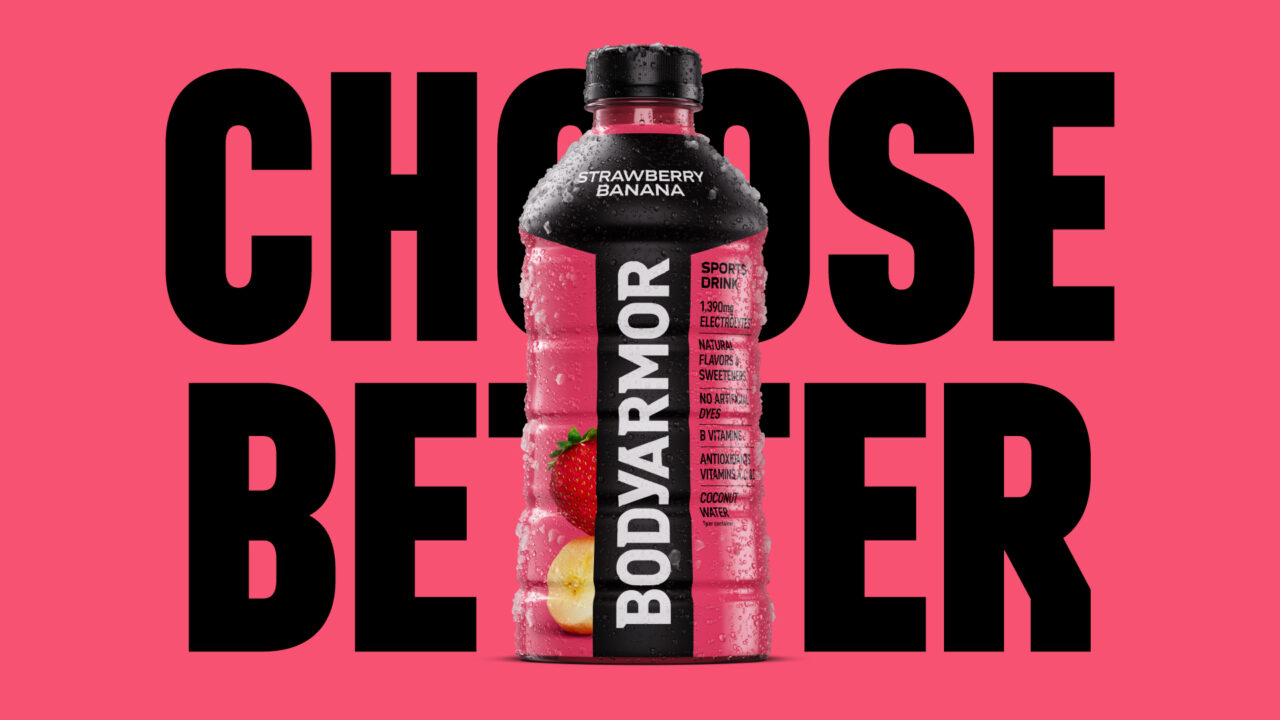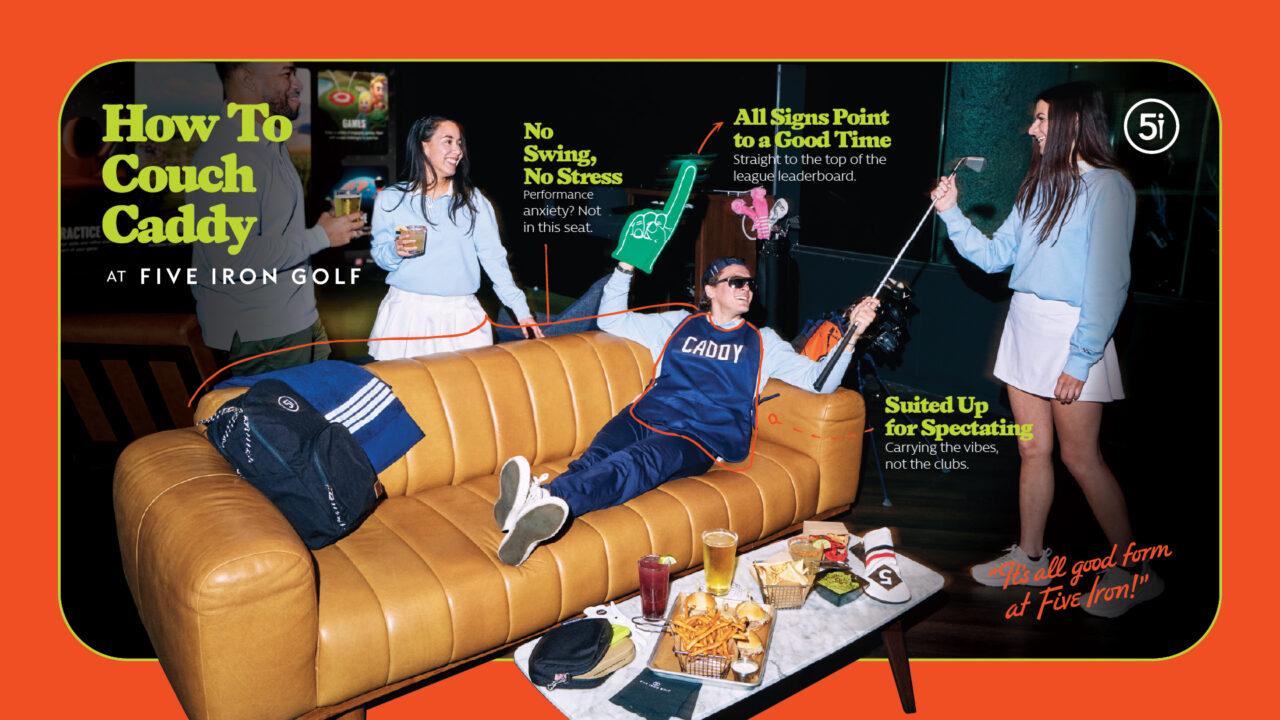Marketers Say Going Green Won’t Be Enough for Wicked’s Campaigns to Click

Wicked is set to debut in movie theaters next month as it will be a two-part movie, and the brand campaigns are rolling to the level of Barbie was in 2023.
Some of the brands who are leveraging the Wicked movie for experimental campaigns are Lexus, Crocs, Target, Monopoly, and Lego, all of which are either allocating their marketing budgets for ads, or tie-in collaborations. Crocs, Target, Lego, and Hasbro declined to comment on this story.
Note: We tried to arrange an interview with Lexus, but due to timing constraints, the brand had to pass.
While Barbie was a box office smash hit and brought in brand collaborations as well, it is here that it worked and was organic due to the brand recognition and legacy. There are more campaigns and product tie-ins that worked than did not and marketers felt at one point that it was becoming oversaturated. Despite that, it became one of the biggest box office attractions of 2023.
“It’s not enough to turn something green and call it Wicked-themed,” said a media buyer from a New York based agency, who wanted to remain anonymous. “Brands have to create something immersive, real, or they’ll appear opportunistic-or worse, cringy and fake as f***”
According to marketers, many of the product tie-ins and campaigns connected to Wicked aren’t resonating as expected. They suggest that some brands seem more focused on using the partnership to create their own moment rather than enhancing brand awareness. In contrast, Mattel’s collaborations with brands like Balmain, Cold Stone Creamery, and Xbox demonstrated a more strategic approach. These campaigns successfully blended Barbie’s iconic pink aesthetic with each partner’s identity, creating broad appeal.
Wicked’s Campaigns Face Challenges Matching Barbie’s Success
Barbie’s global recognition gave her a distinct advantage, as she’s long been a household name with cross-generational appeal. Meanwhile, Wicked, though it boasts a dedicated fan base, is more closely tied to its storyline and niche audience, making it harder for brands to connect with a wider and more diverse demographic. As a result, Wicked-themed campaigns face a challenge to achieve the same cultural impact as Barbie campaigns.
Allen Adamson, Co-Founder and Managing Partner at Metaforce, explained that a campaign’s success or failure is rarely due to a single factor but rather a combination. Wicked’s “green” branding struggles to generate the same buzz as Barbie’s “pink,” not simply because pink is a bolder color but because Barbie has been a cultural icon for over 60 years, spanning generations.
“Wicked is a niche brand mainly relevant to theater enthusiasts. Barbie is Univeral. Its brand equity is grounded in the show/experience, which, when transferred to the film, will not have the surprise and impact of Barbie,” said Adamson.
Through the Barbie movie, a static toy became a vibrant, dynamic symbol that resonated with those who played with it as children. In contrast, Wicked’s collaborations, such as those in cosmetics and apparel, feel more predictable, because they combine nostalgia, femininity, empowerment, and pop culture. Adamson also pointed out the importance of timing—Barbie nailed it with a summer release, while Wicked would have benefited from launching before Halloween to ride the seasonal interest in witches.
Barbie’s Legacy vs. Wicked’s Niche Appeal
Because of the success of the Barbie movie, the last year has seen a lot of marketing trends pick up, and everyone has been trying to find the Barbie moment. Even though the execution had unintended consequences, Dune 2 started a popcorn bucket trend that Deadpool & Wolverine parodied & topped. Hollywood is placing a lot of emphasis on securing IPs and strategically marketing to drive interest back into movie theaters.
While they work with brands such as MAC and have launched Wicked-themed makeup palettes, their aesthetics have not been able to meet the diverse needs of diverse consumers.
“As touted as Wicked is in the musical community, it doesn’t have that same brand power, so the marketing team is destined to fall short of what Barbie’s marketing campaign achieved,” said Collin Schuck, Social Media Manager at the St. Louis-based agency Elasticity. “It is possible to have the ‘Barbie moment’ everyone is chasing, but [they need their own spin] on it.”
Chris Leadley, marketing manager and consultant at Forbes Burton, agreed with Collin Schuck, noting that Wicked and other IPs mistakenly view Barbie’s marketing as something they can replicate. However, unless an IP is as iconic and playful as Barbie, it won’t achieve the same success. Leadley emphasized that marketing teams need to understand that not all IPs are comparable, even if their movies target somewhat similar audiences.
“Barbie is predominantly a brand and product in its own right that practically symbolizes female childhood,” said Leadley. “Shared nostalgia is a powerful marketing tool, and although Wicked belongs to the age-old Wizard of Oz universe, it’s far from the deeply entrenched cultural phenomenon that Barbie is.”
A long-range projection from Boxoffice Pro suggests Wicked will open in the domestic box office around $100-125 million, making Part 1 one of the biggest opening weekends of 2024. Aside from Deadpool & Wolverine ($211M), Inside Out 2 ($155M), and Beetlejuice Beetlejuice ($111M), this would be one of the best of the year. Meanwhile, Barbie grossed over $1.4 billion worldwide in 2023, making it one of the highest-grossing films of the year and leading to product sales.





